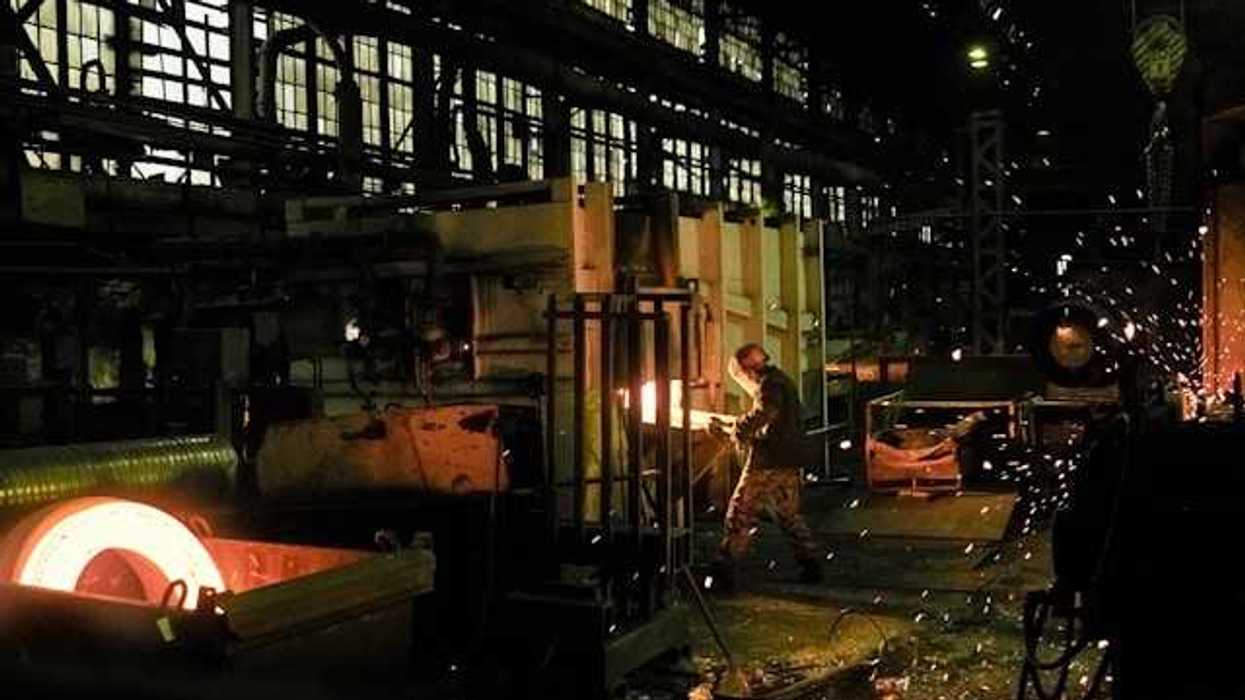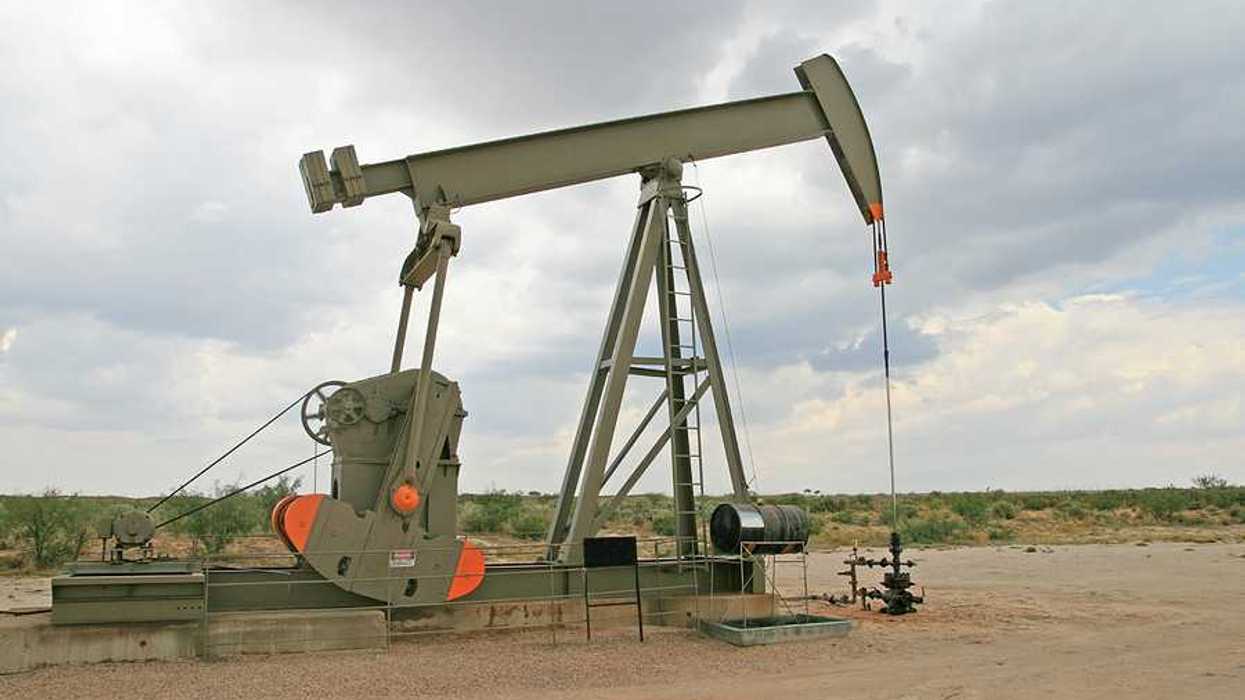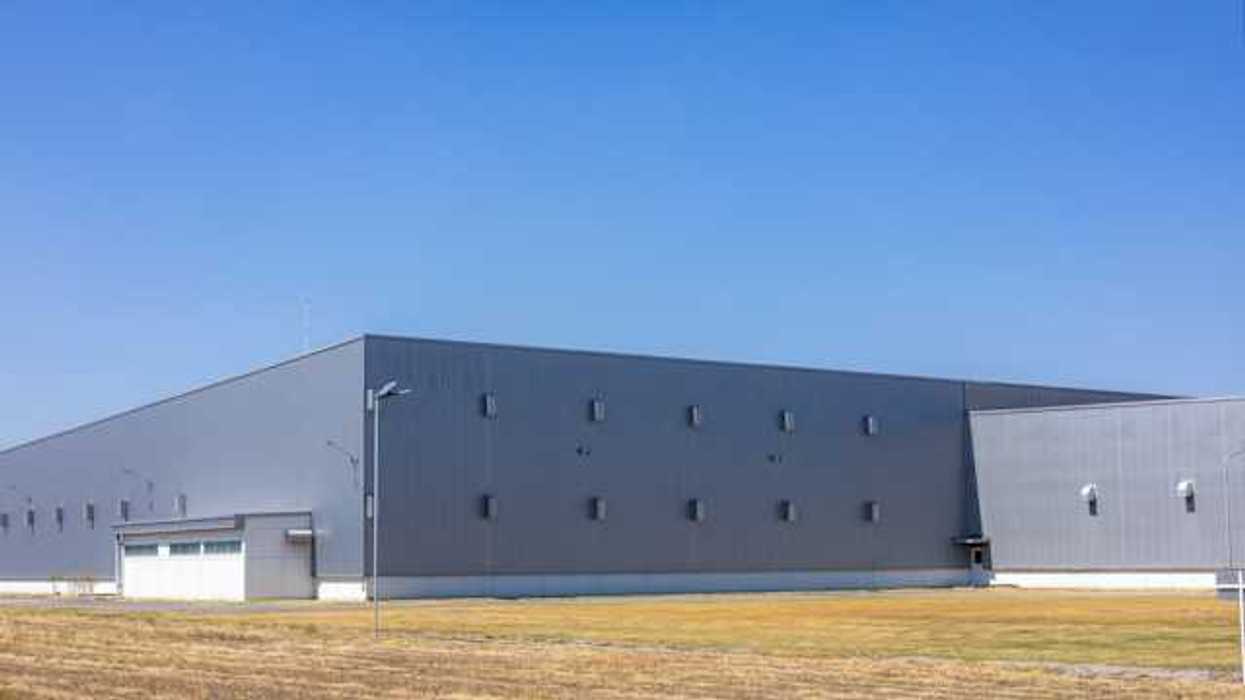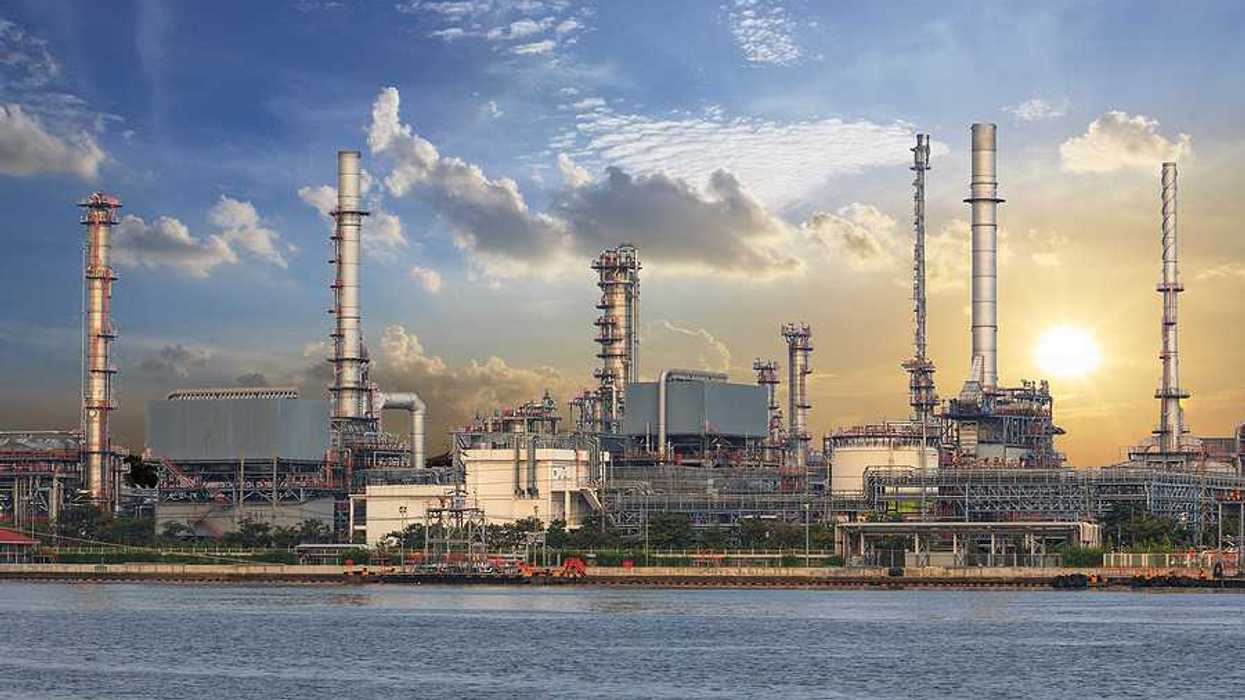A new wave of lithium iron phosphate (LFP) batteries is gaining traction in the electric vehicle industry, offering cost, safety and sustainability advantages over traditional options.
Tim Stevens reports for Canary Media.
In short:
- LFP batteries are increasingly used in EVs due to their lower cost and avoidance of materials like nickel, manganese and cobalt, which are environmentally damaging to mine.
- These batteries provide greater thermal stability and durability, making them ideal for fleet vehicles but offer less energy density, leading to shorter ranges.
- Despite challenges like cold-weather performance and lower recycling value, major automakers like Ford and Mercedes-Benz are embracing LFP for specific applications.
Key quote:
“Cell degradation is lower than other batteries, ensuring durability and low maintenance requirements at the very same time as well. It’s ideal for light commercial vehicles.”
— Klaus Rehkugler, head of sales and marketing at Mercedes-Benz Vans
Why this matters:
Shifting to LFP batteries reduces reliance on ethically and environmentally harmful mining practices while lowering EV costs. As manufacturers expand their EV offerings, LFP technology could make sustainable transport more accessible.














